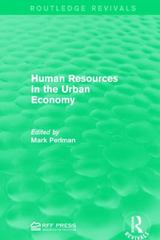Question
As part of the California High Speed Rail System, the Caltrain tracks from SJ toSF will be upgraded to support modestly higher speeds. A key
As part of the California High Speed Rail System, the Caltrain tracks from SJ toSF will be upgraded to support modestly higher speeds. A key question is whatspeed should they be upgraded to. The current speed (80 mph) is unacceptablyslow, but the top speed of the trains (220 mph) may not be appropriate for adense urban/suburban area. Suppose that train ridership isP= 100S, wherePis total daily ridership (passengers) andSis the speed that the train will runat (mph). Suppose that operating at speed S costsC= 100S+ 5S2(note that this cost is independent of the number of passengers that ride). Further supposethat each passenger that rides has a willingness to pay equal to the train fareand that each passenger saves other highway commuters $5 in congestion costsand reduces pollution externalities by $1. Finally, suppose that higher speedscreate more noise for houses located next to the tracks, and that the total costof this noise isN= $S2.
Now suppose that the state instructs Caltrain to also take into account allcosts and benefits when choosing the optimal value ofS. What are the marginal benefits and marginal costs as functions ofS? What value of S will Caltrain choose?
Step by Step Solution
There are 3 Steps involved in it
Step: 1

Get Instant Access to Expert-Tailored Solutions
See step-by-step solutions with expert insights and AI powered tools for academic success
Step: 2

Step: 3

Ace Your Homework with AI
Get the answers you need in no time with our AI-driven, step-by-step assistance
Get Started


